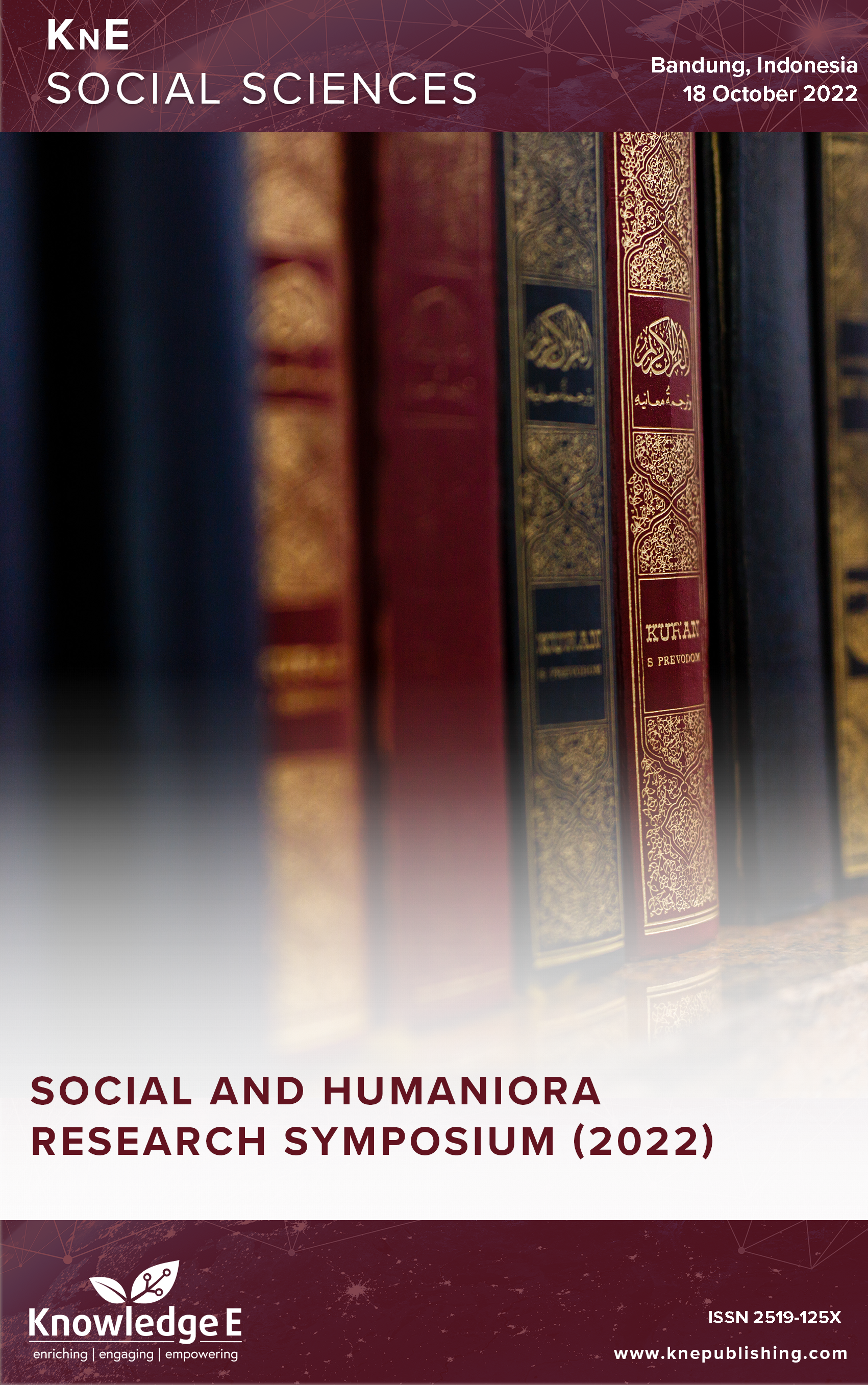Optimization Of Ummah Economic Empowerment Through Institutional Strengthening of Waqf Micro Banks
DOI:
https://doi.org/10.18502/kss.v8i18.14235Abstract
The objective of this article is to provide an overview of the performance of Waqf Micro Banks in terms of economic empowerment for the people. The research method employed is descriptive quantitative, utilizing the literature survey approach. The analysis of data published by the OJK (Financial Services Authority) on the distribution of financing by Waqf Micro Banks reveals significant development. In 2009, the recorded compulsory data on Waqf Micro Banks financing in Indonesia amounted to 37,326.8 billion Rupiah. By 2022, this figure increased to 82,491.8 billion Rupiah, marking a substantial growth of 120.9% over a span of four years. Considering the number of customers served by Waqf Micro Banks across 18 provinces in Indonesia, there were 21,469 individuals in 2019. However, in 2022, this number rose to 36,639 individuals, indicating a 70.66% increase within the same period. These findings demonstrate the effectiveness of empowering productive waqf through non-bank financial institutions via the provision of financing for microentrepreneurs in various regions.
Keywords: productive Waqf, boarding, empowerment, Waqf micro banks
References
[2] Ikhyanuddin I. Waqf Accountability Around the World: a Mini-Review. International Journal of Islamic Business Ethics. 2022;7(2):100.
[3] Ni A, Rini S. “Manajemen Wakaf Produktif dalam Mengembangkan Perekonomian Masyarakat Sekitar Pesantren (Productive Waqf Management in Developing The Economy Of The Community Around The Pesantren),” Jurnal Ekonomi dan Perkembangan Bisnis. 2021;5(1):15–29. [Online]. Available: https://ejournal.unwaha.ac.id/index.php/margin/article/view/1419/791
[4] Nur MA, Muharrami RS, Arifin MR. Peranan Bank Wakaf Mikro dalam Pemberdayaan Usaha Kecil pada Lingkungan Pesantren. Journal of Islamic Banking and Finance. 2019;2(1):25.
[5] Thaker MA, Mohammed MO, Duasa J, Abdullah MA. The behavioral intention of micro enterprises to use the integrated cash waqf micro enterprise investment (ICWME-I) model as a source of financing. Gadjah Mada International Journal of Business. 2016;18(2):111–130.
[6] Ramadhan MF, Sukmana R. “Peran Bank Wakaf Mikro Dalam Penguatan Modal dan Pemberdayaan Usaha Mikro di Surabaya,” Jurnal Ekonomi Syariah Teori dan Terapan. 2020;6(11):2172. https://doi.org/10.20473/vol6iss201911pp2172-2184..
[7] Ikhyanuddin WH. Hendra Raza, Mendicia Maulisa, Miftahul Jannah, Nur Asyiah, Ulyani, “Waqf accounting all in the world: A mini-review.” International Journal of the Economics of Business. 2021;2(3)10–327. [Online]. Available: https://ijeba.makarioz.org/index.php/ijeba/article/download/109/78

